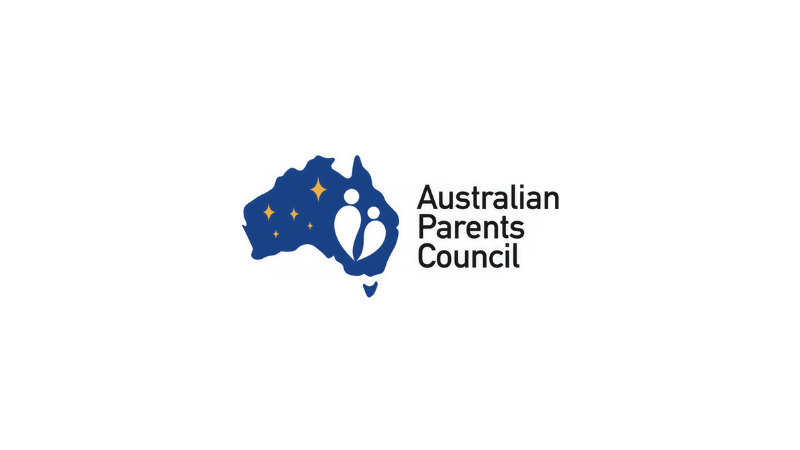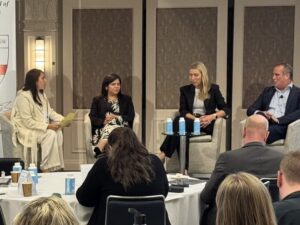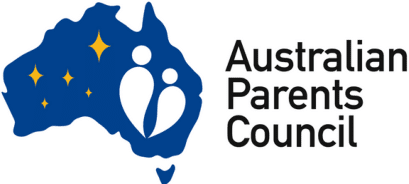Discover valuable resources to support your child’s learning journey
and stay up-to-date with the Australian education landscape.
-

Blogs
Yarning and Learning on Ancient Country
Yarning and Learning on Ancient Country A group of Year Seven...July 9, 2025Read More
Blogs
🎓 A powerful day at the AI in Education Conference in Sydney
APC Board Member Bhavika Unnadkat was grateful for the opportunity...June 7, 2025Read More
Blogs
AI in Education Survey
**Parents, We Want Your Voice!** AI is becoming a bigger...June 5, 2025Read More












